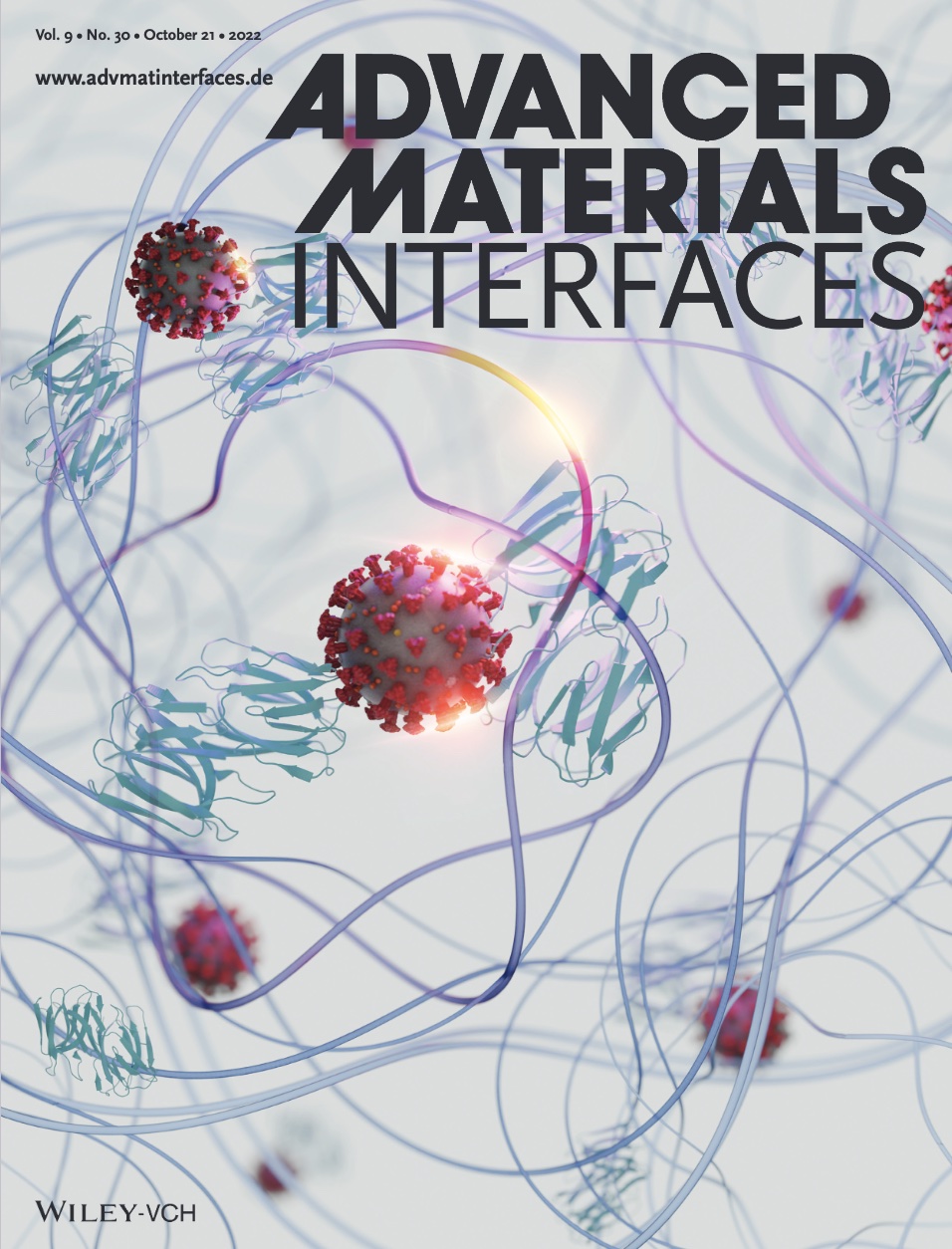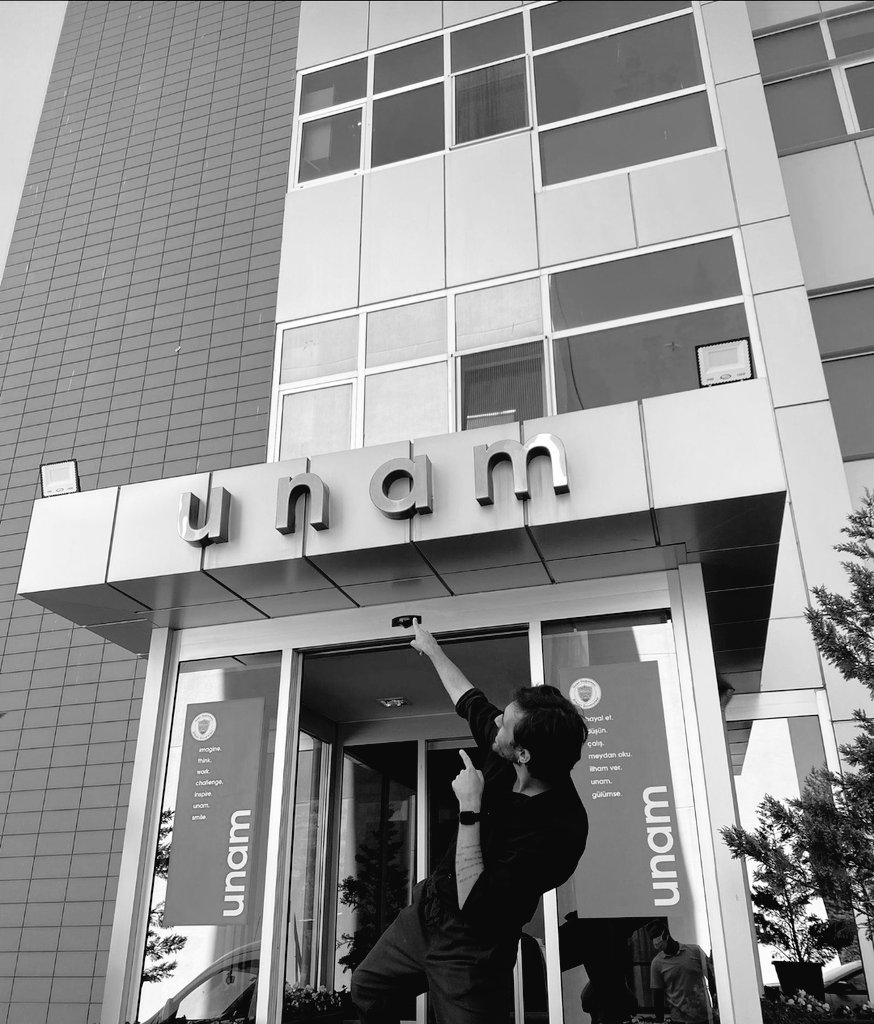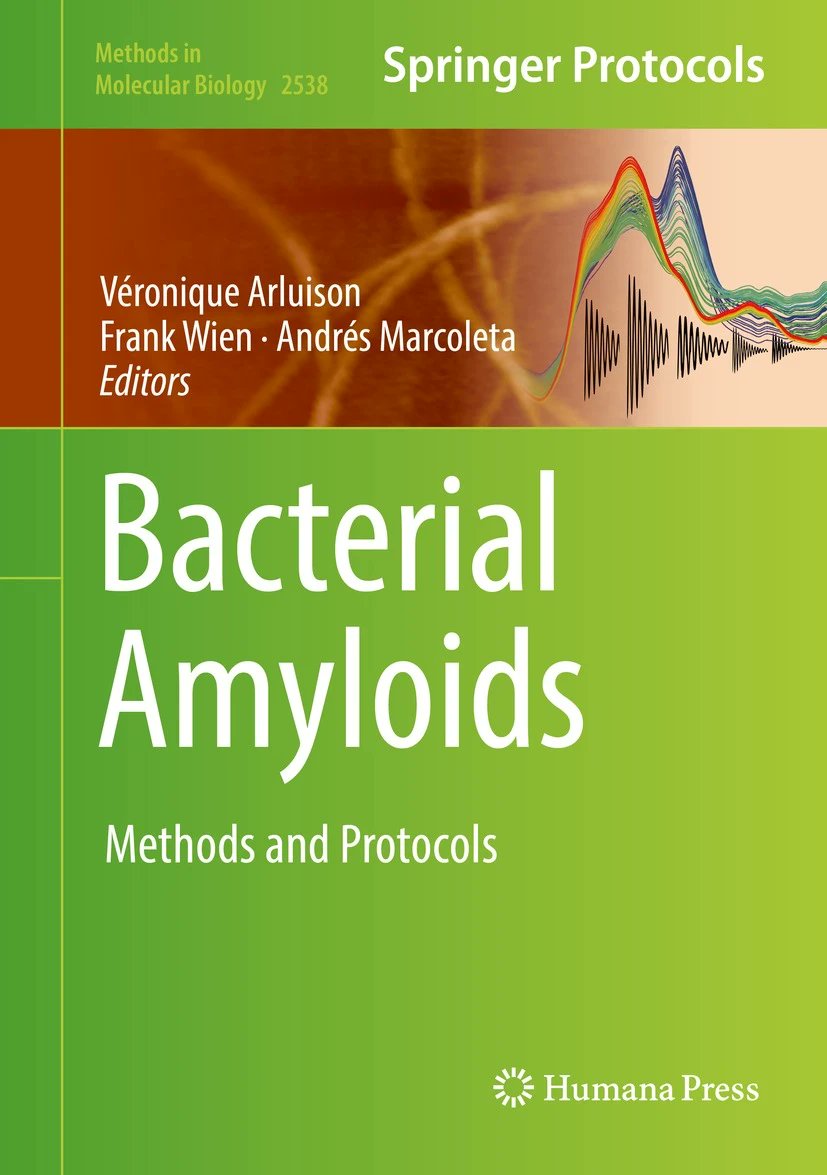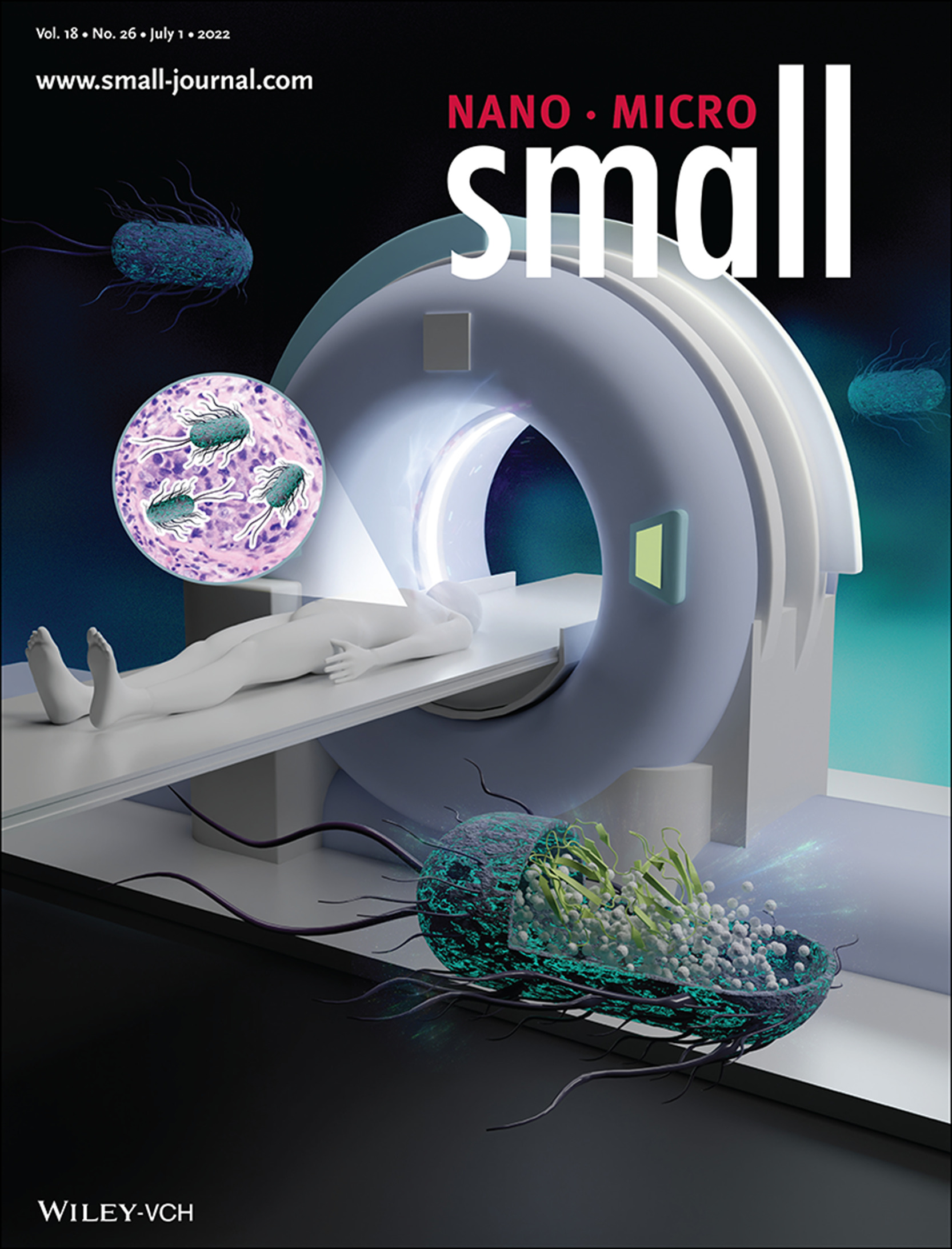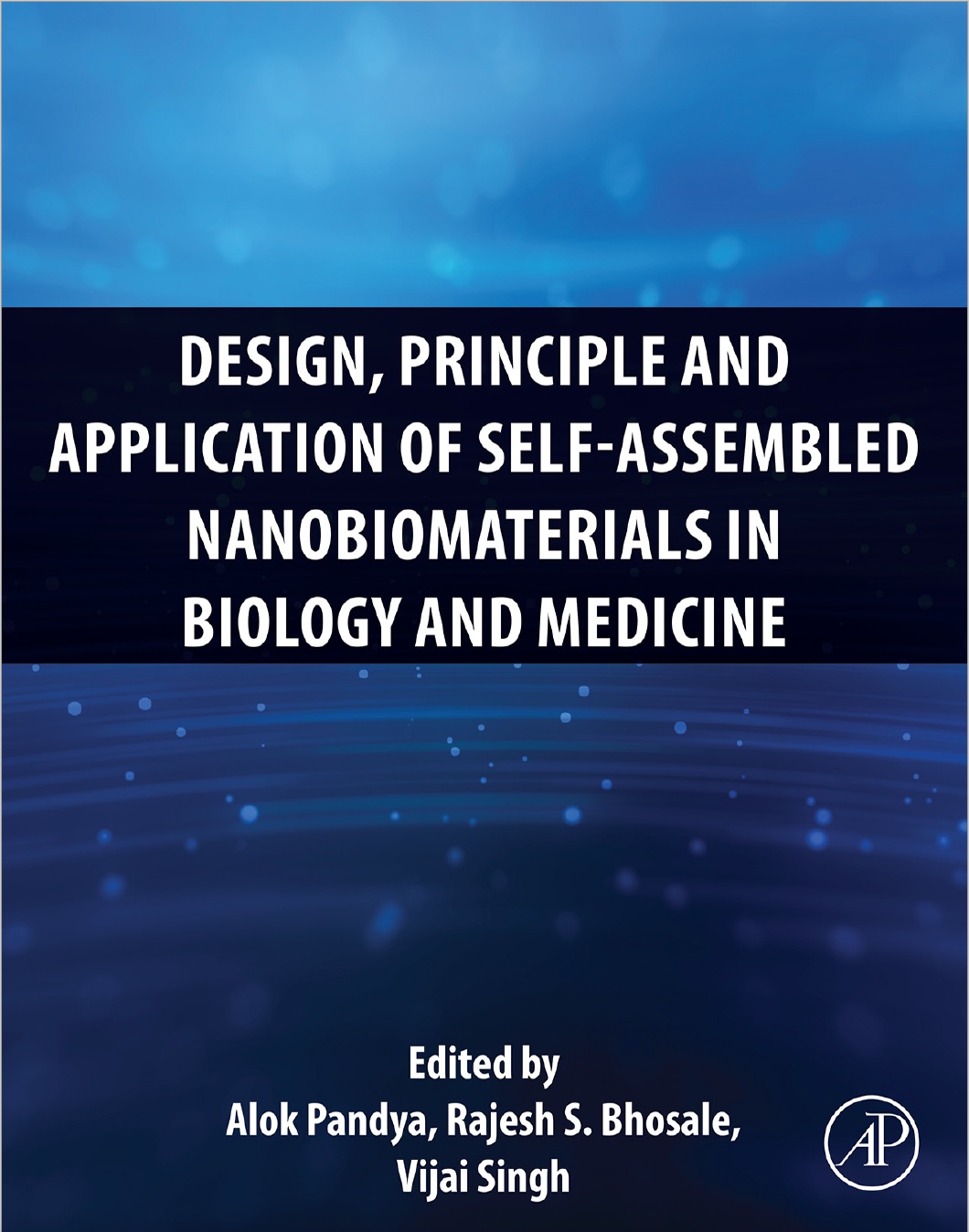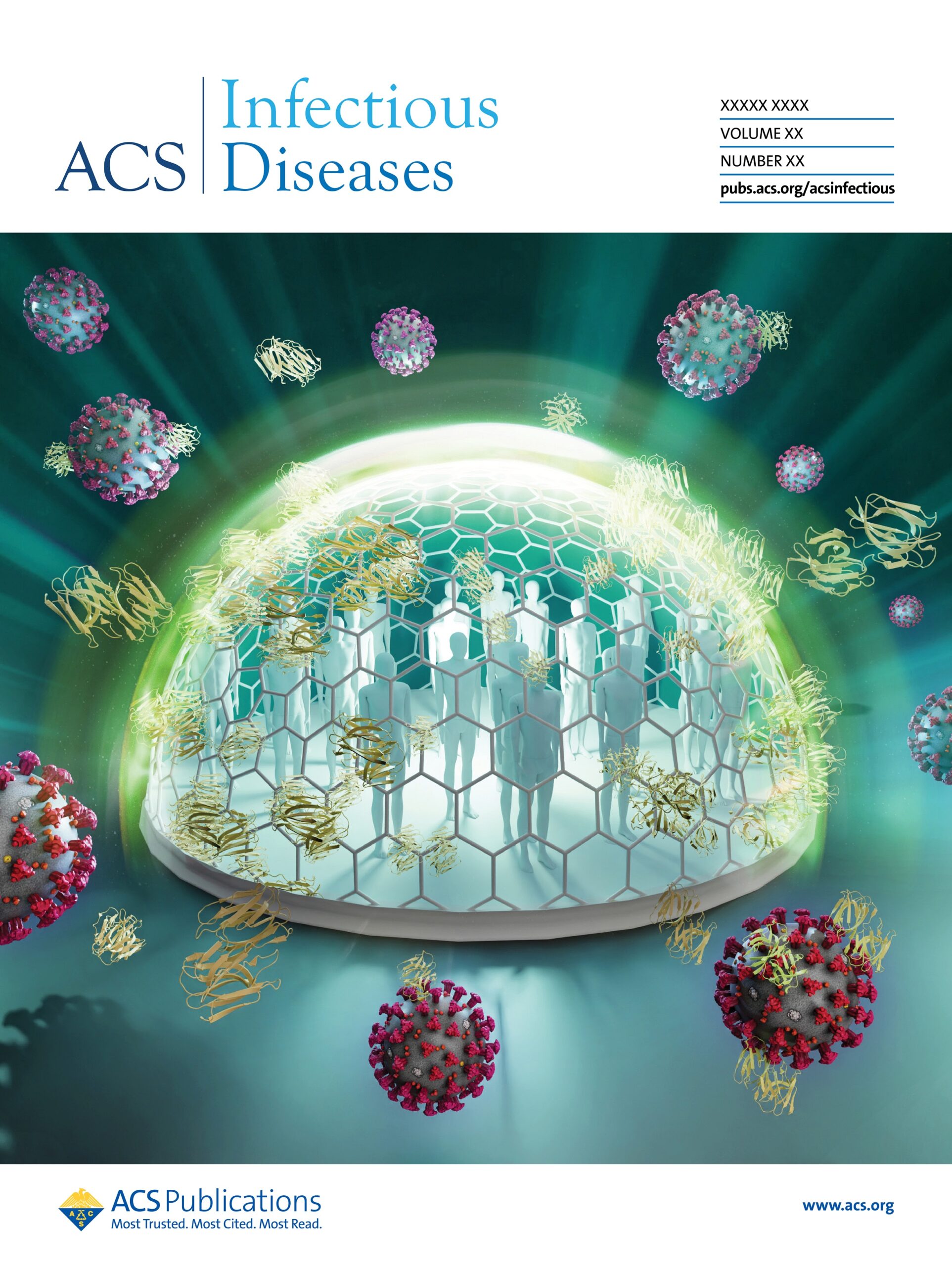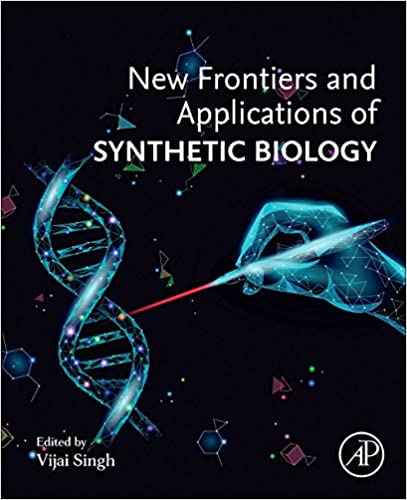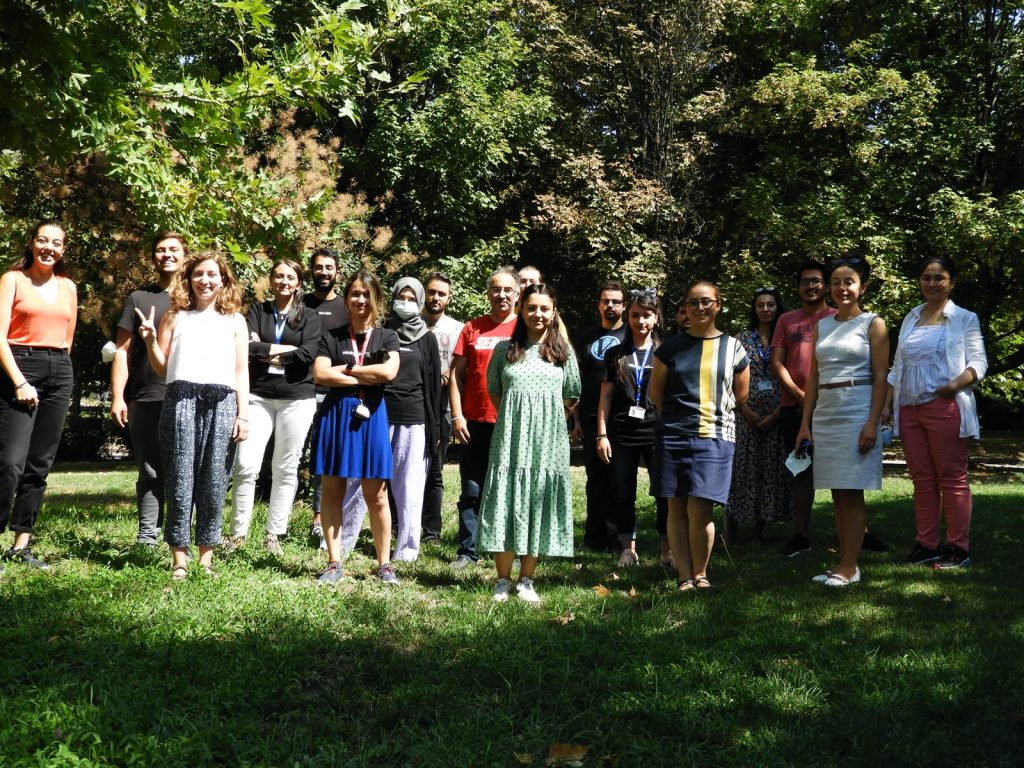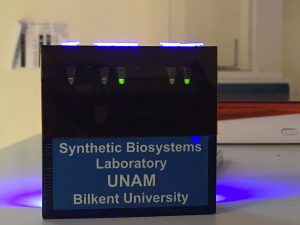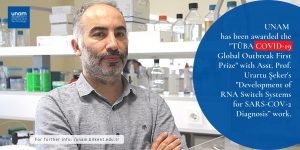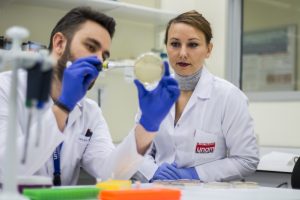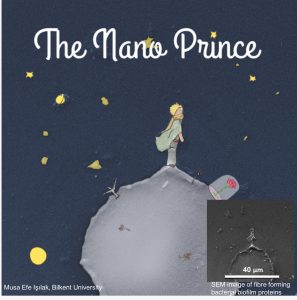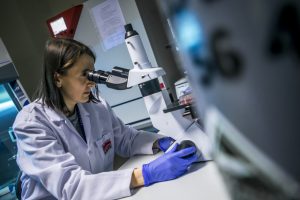We have attended annual meeting of ASBE7 conference and concluded the three days full of Synthetic Biology & Protein engineering (and great food) in Brno the city of Mendel (father of genetics).

Our lab members have prepared and edited a new book titled “Synthetic Bİology for Therapeutics”, it will be published by DeGruyter as a part of their STEM book series. The hard copy of the book will be released on November 18, 2024. It can be purchased through Amazon.
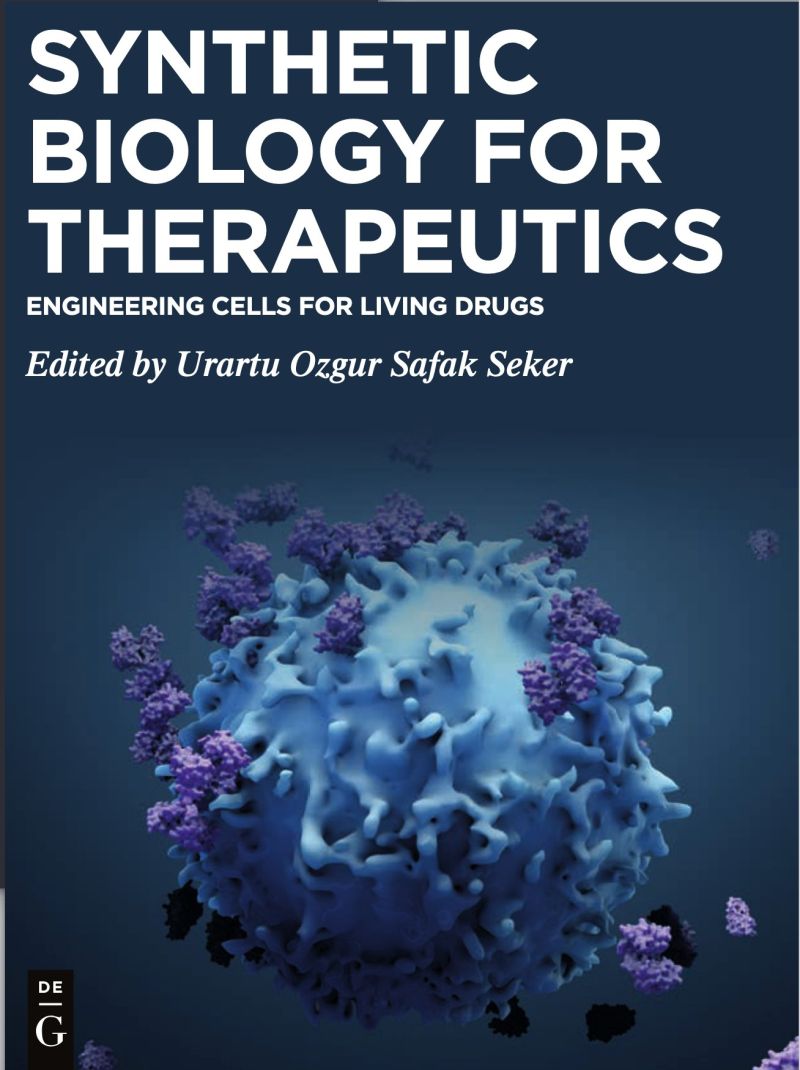
We hosted Victor de Lorenzo for our seminar series, we thank him for the inspiring talk on “Design meets evolution: Theory and practice” and all these fruitful discussions with our students, future is brighter with synthetic biology.
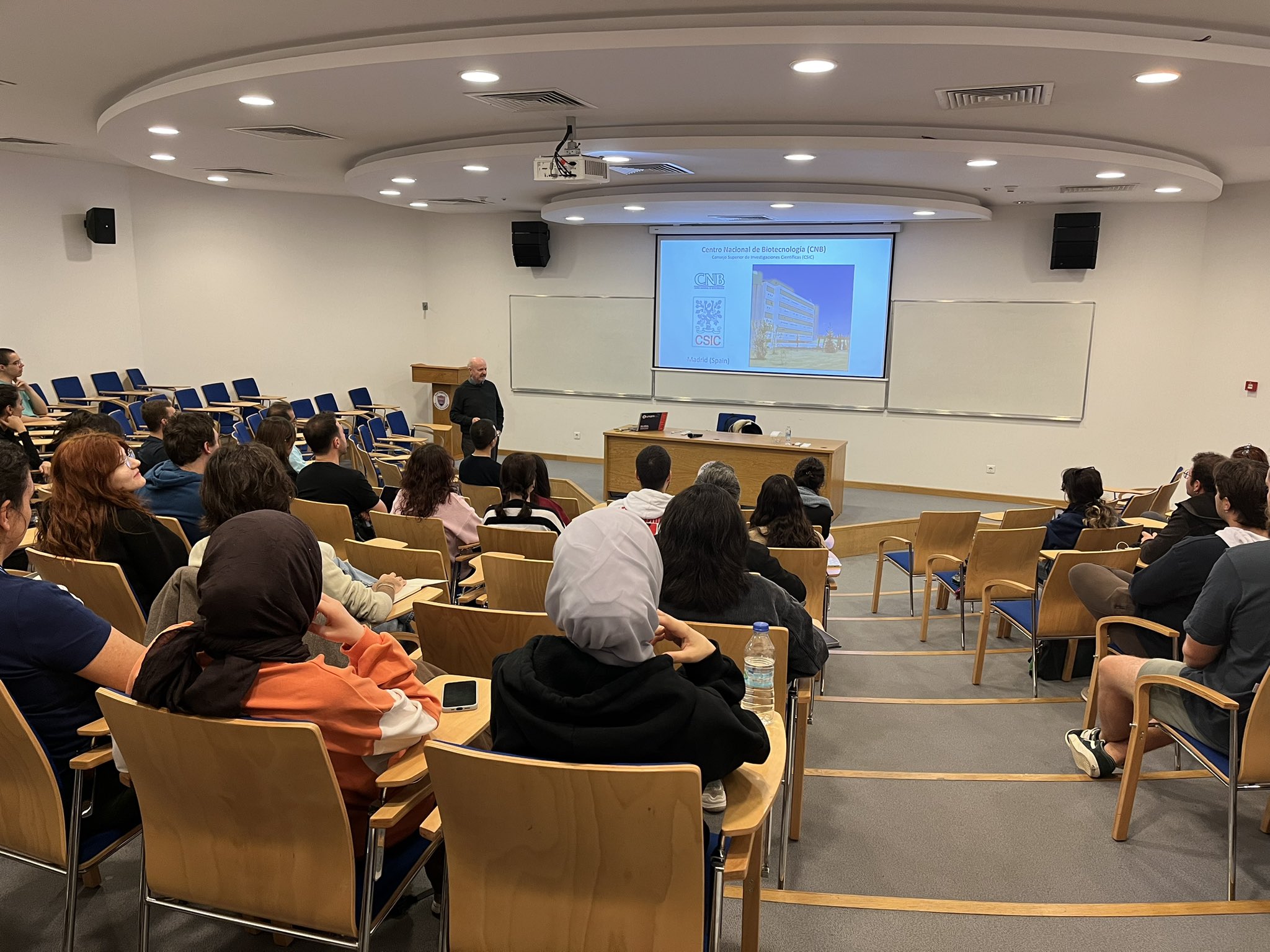
We are happy to announce the PhD graduation of our group member Merve Yavuz! She has successfully defended her thesis titled “Genetically Designed Microbes for Bioimaging and Biosensing”. Congratulations!
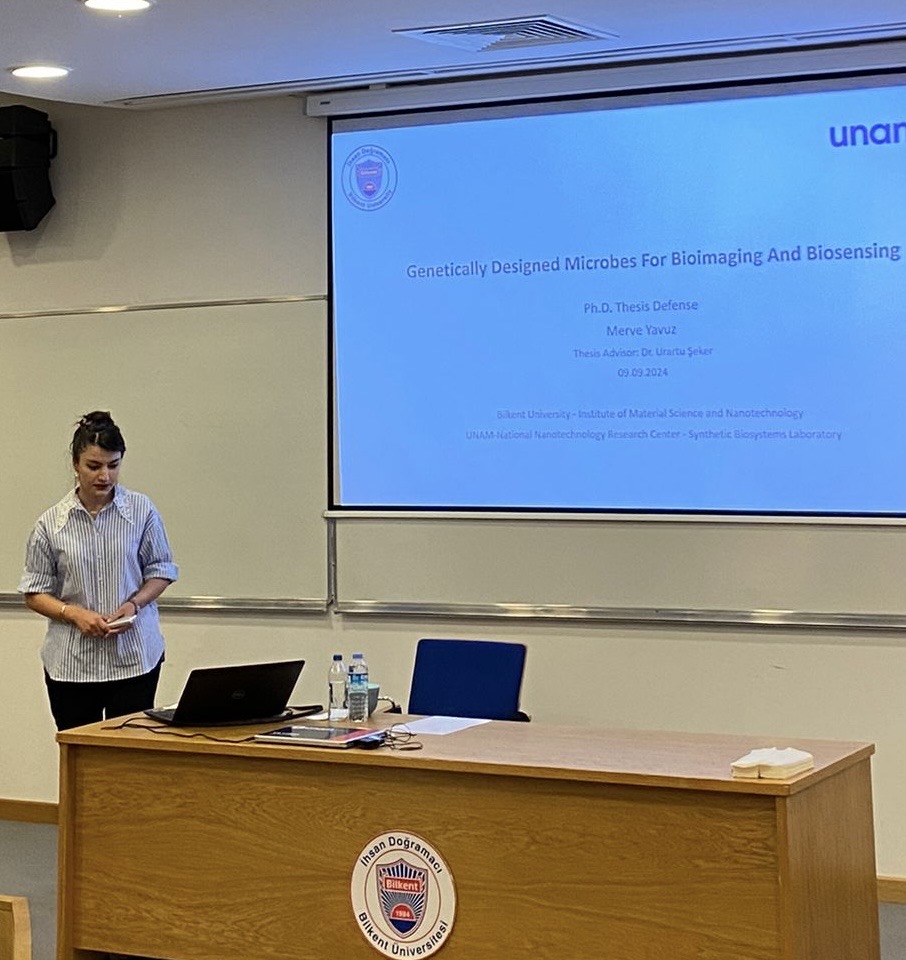
Our lab member Ece Avcı has successfully defended her master thesis on developing CRISPR/Cas-13 based therapeutic strategies for Crimean-Congo Hemorrhagic fever disease by targeting CCHF Viral genomic material. She has completed in vitro part and now running the in vivo!
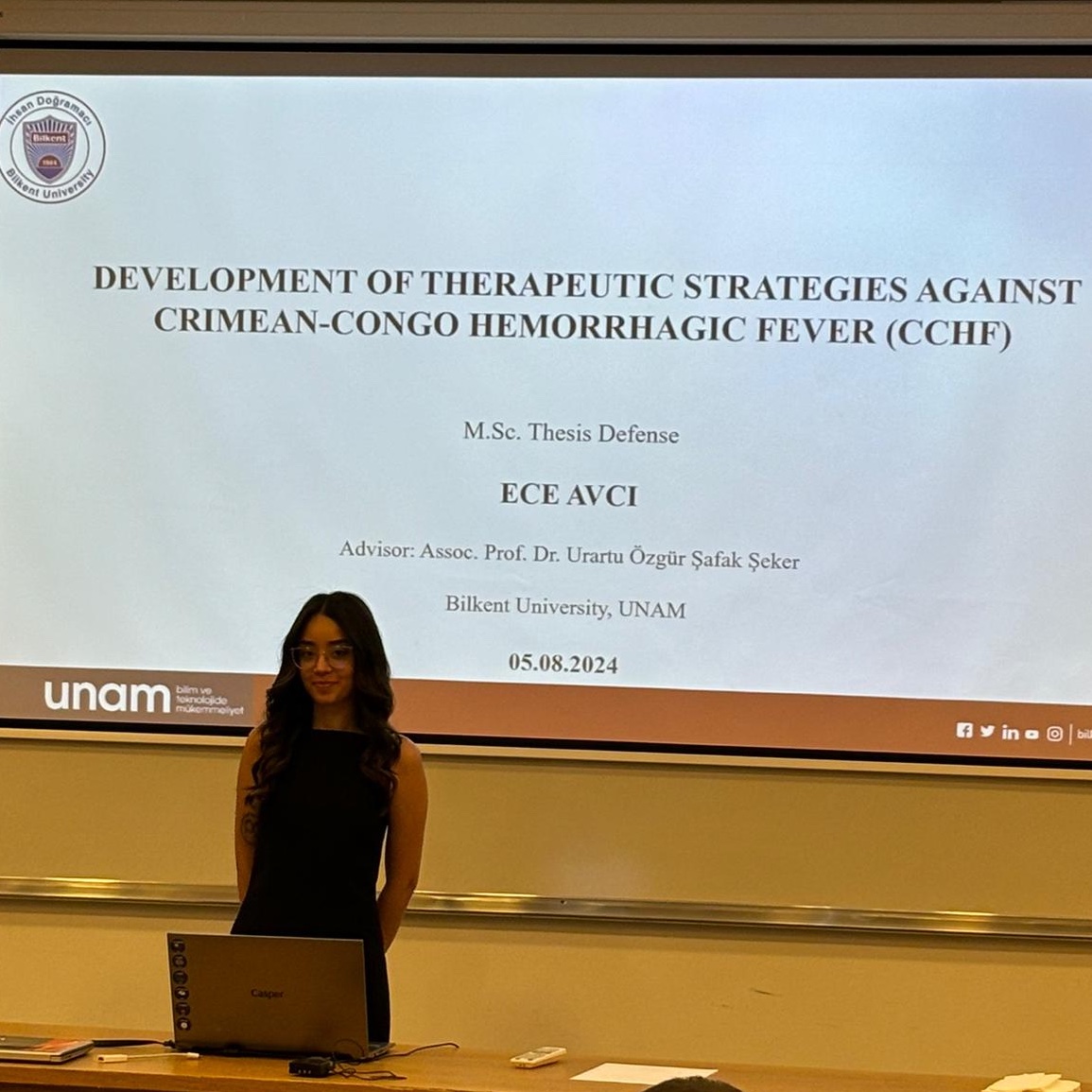
Our lab members Ece Avcı, Doğuş Akboğa and Mehmet Emin Bakar attended #SEED2024 Synthetic Biology Evolution and Design Conference with four posters on living therapeutics, living materials and living biosensors.

One of our PhD students, Recep Erdem Ahan completed his PhD with his studies in the field of synthetic biology at a universal level. His had his thesis on the “Biotechnological Drug Platforms”.
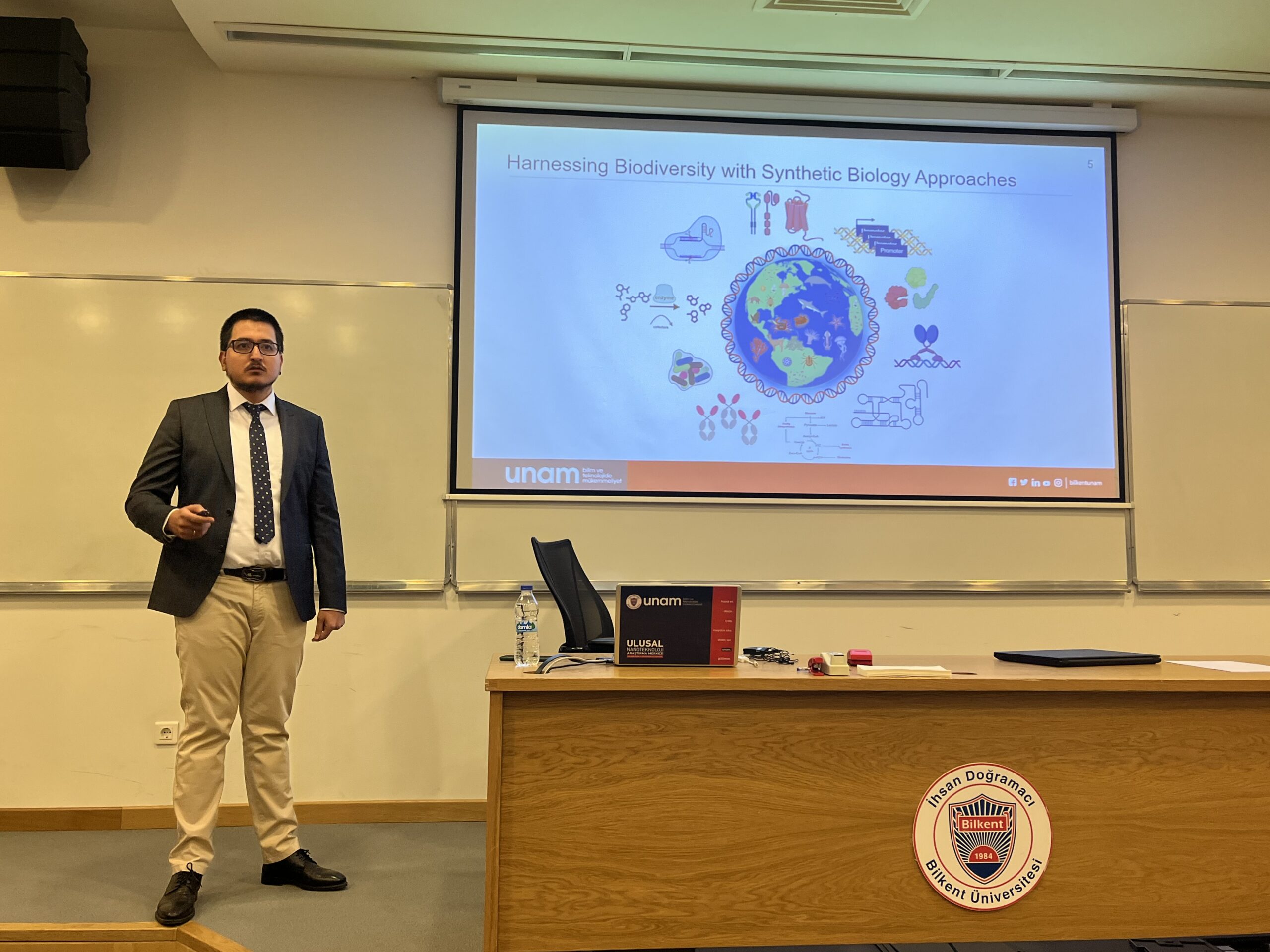
Glycosylation is a critical post-translational modification which is barely available in bacteria. Here we have presented and engineered genetic circuit for the glycosylation of proteins for enhanced catalytic properties.Gycosylation dramatically enhanced proteolytic resistance, heat and physiological durability of the protein of interest. part of the engineered pathway subunits are over expressed to reach these dramatic changes.
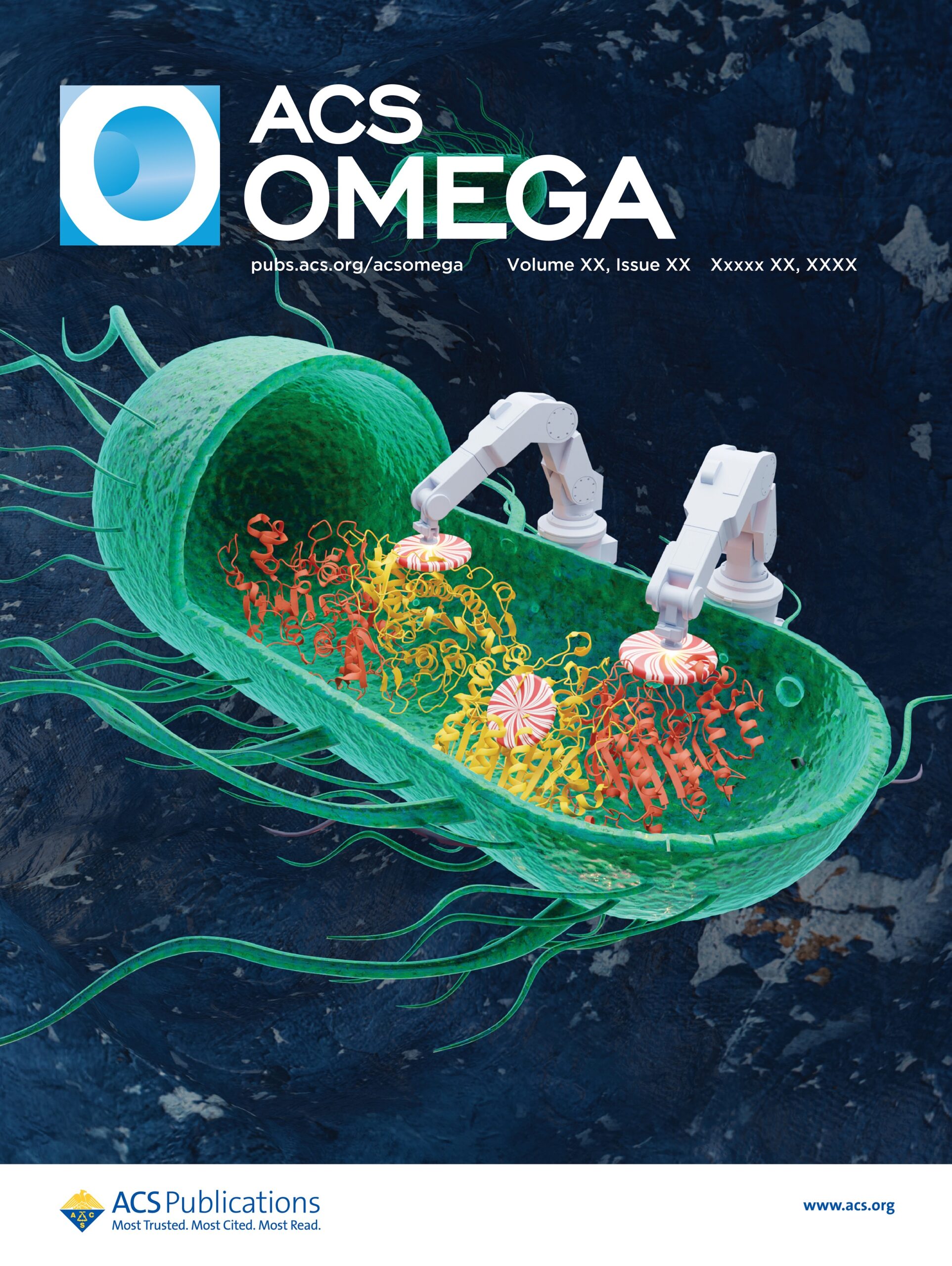
We have developed a system for drug screening against non-soluble protein targets in neurodegenerative diseases. The work has been accepted for publication in ACS Chemical Neuroscience and is highlighted on the cover.
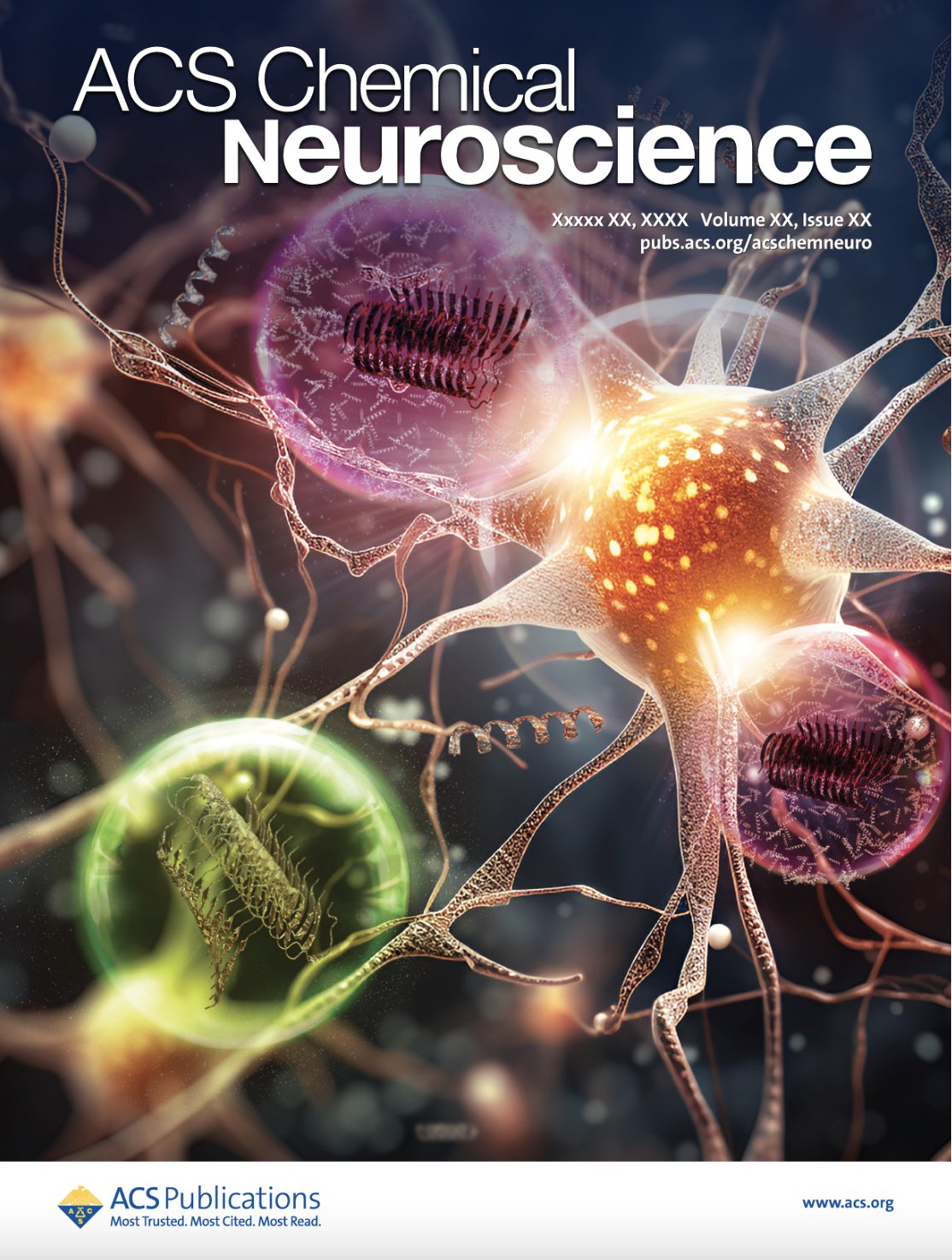
Burcu Ergün, a postdoctoral researcher has presented our recent work on developing an engineered probiotic yeast cell (S. boulardii) as a livint therapeutic for patients with anemia triggered by B12 deficiency at #FEMS2023 in Hamburg Germany- well done Burcu!
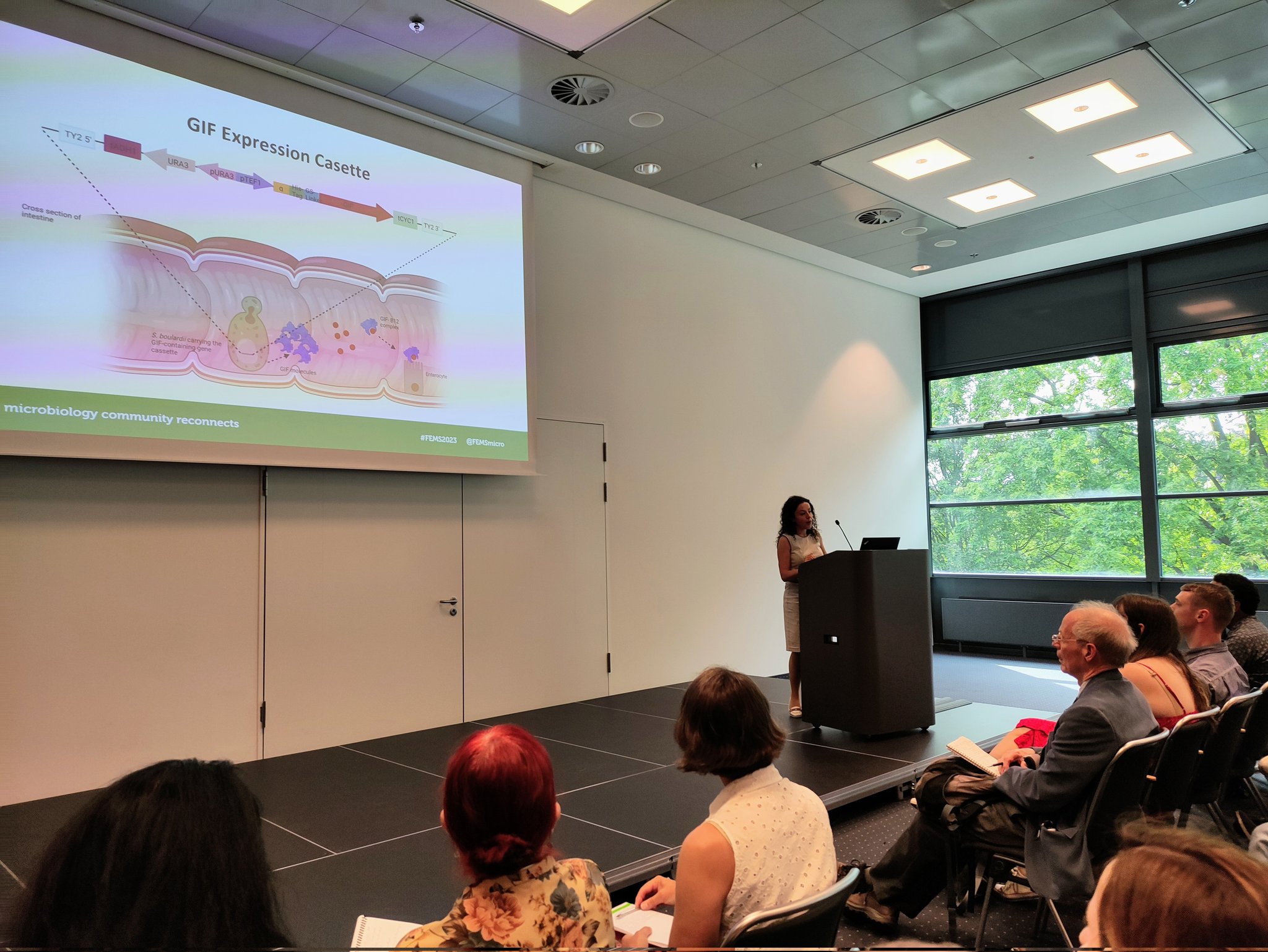
Synbiolab had a great 2022, completed many high impact work, developed innovative research ideas and have many studies highlighted on journal covers! We wish a happy new year to everyone!
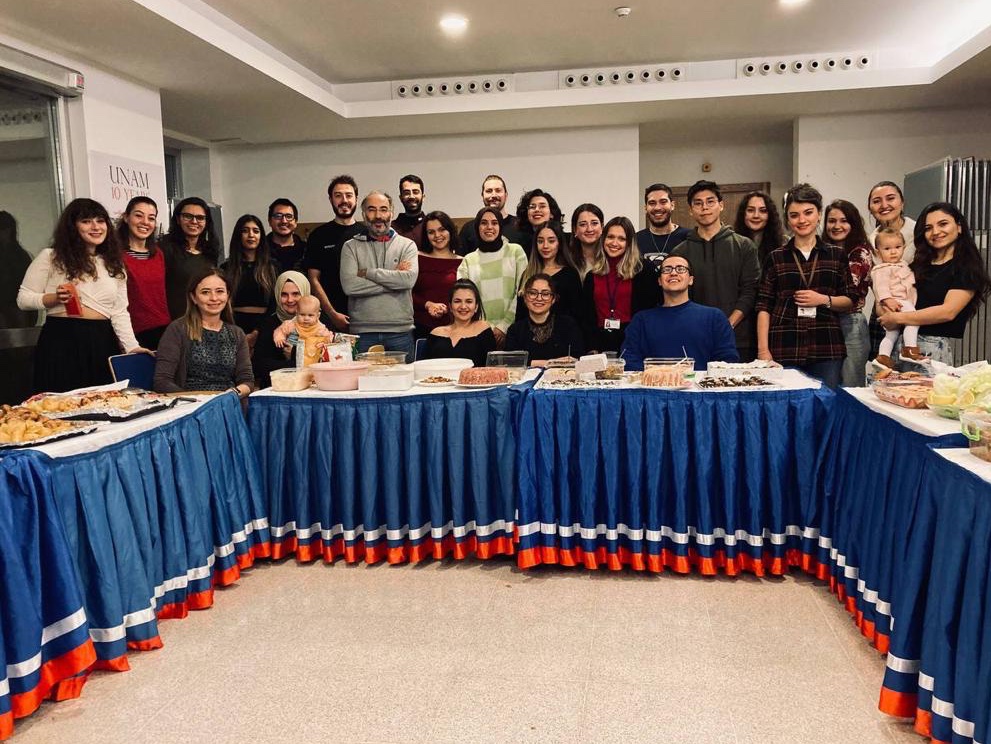
Our lab presented three talks on our work on Engineered Living Materials at MRSFall2022 in Boston.

Our lab member Ahmet Hınçer won the 2nd Best oral presentation award for his work to develop an innovative synthetic mRNA platform for Vaccine and Drug development in #4thVaccinology Congress. Well done Ahmet! We thank to the jury members!
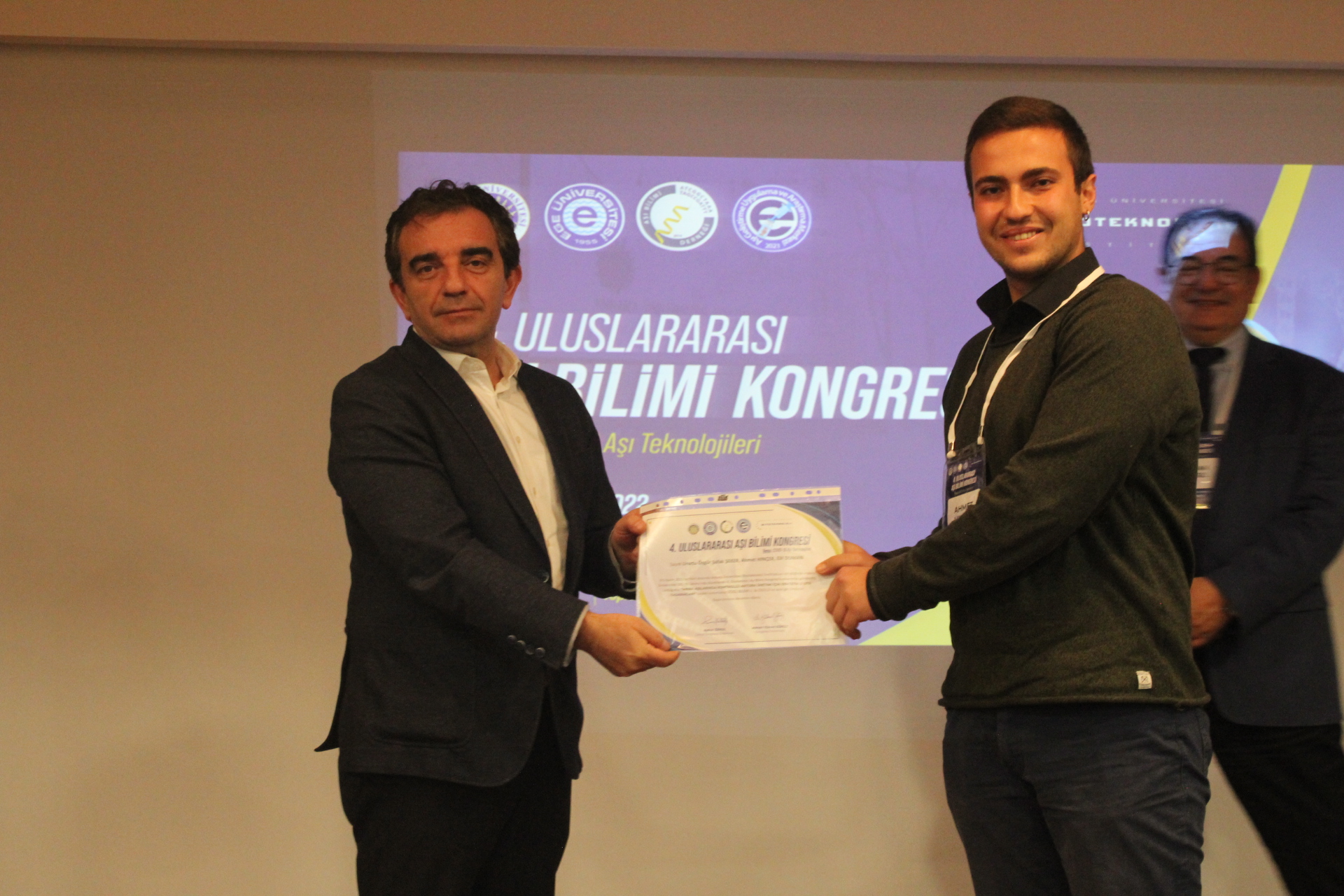
We developed a genetically engineered protein nanomaterial using synthetix biology tools to capture viral particles, including SarsCoV2. It is highlighted on the cover of Advanced Materials Interfaces.
